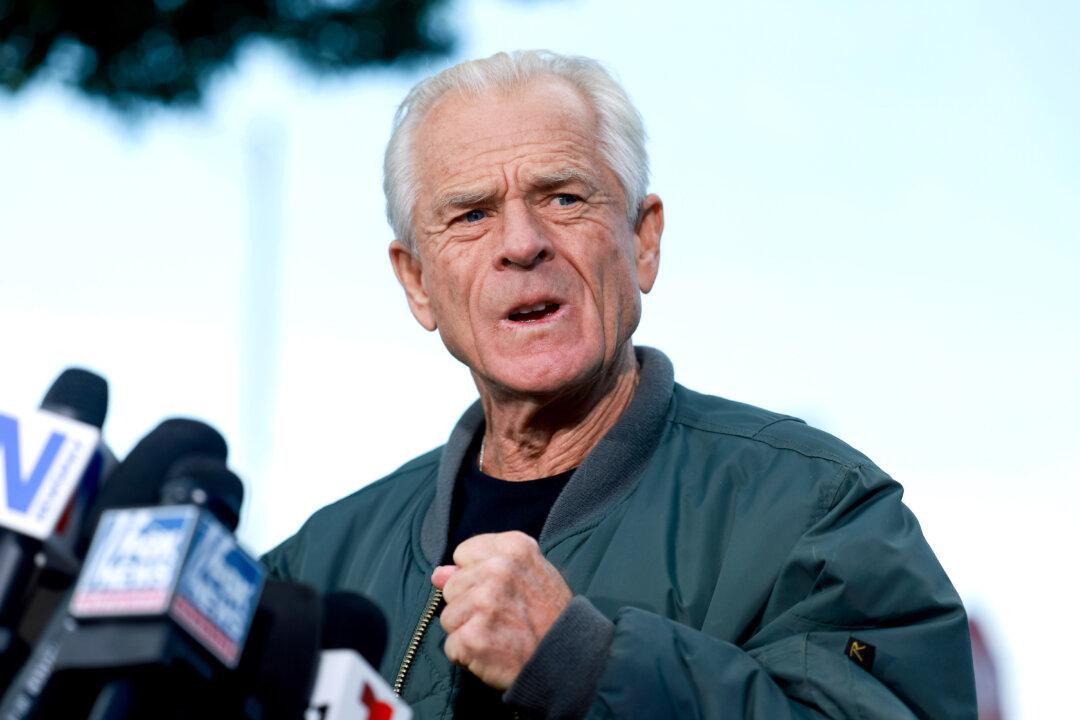Former White House trade adviser Peter Navarro, who’s serving time in prison for refusing to comply with a congressional subpoena, has lost a separate legal bid to prevent his having to turn over purported presidential records from his personal email account.
In an April 1 order, a panel of three Democrat-appointed judges at the U.S. Court of Appeals for the District of Columbia denied Mr. Navarro’s appeal, in which he sought to prevent having to turn over some of his White House records to the National Archives and Records Administration (NARA), arguing that they were personal, not professional.





